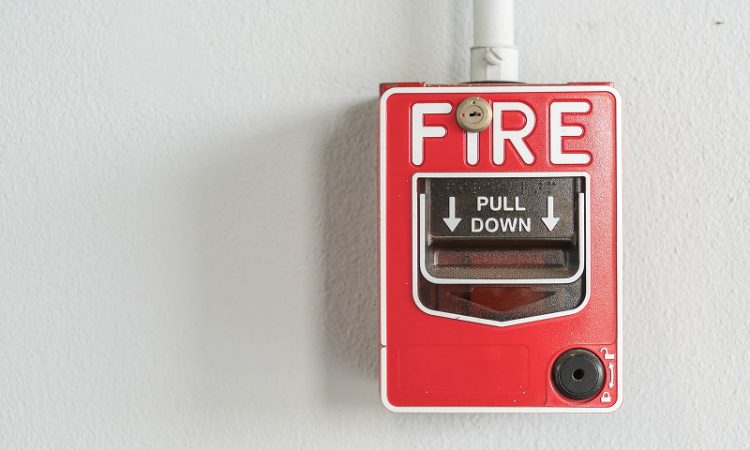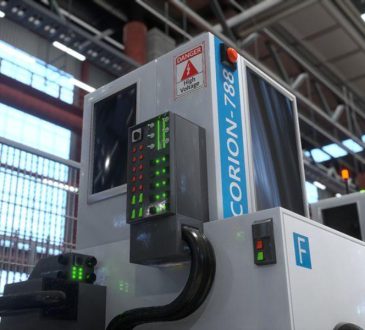
Fire at sea is like an uninvited stowaway. It sneaks in quietly and leaves chaos behind. For ship operators, one failed fire detector can open the door to more than just smoke. It can bring cargo losses, safety breaches, and soaring insurance claims. Knowing what is at stake shows why keeping fire detection sharp is as vital as fuel in the tanks.
Cargo Loss and Operational Downtime
Ships often carry cargo worth millions. A failed fire detector can let a small spark grow into a blaze that damages goods and halts operations. Beyond physical loss, delays ripple through shipping schedules, upsetting contracts and eroding trust with clients.
Industry reports show that fires are among the top causes of marine insurance claims. When cargo burns, shipowners not only pay for the goods but also for clean-up, investigations, and rerouting costs. These unplanned expenses can dry up profit margins faster than a sunbaked deck.
Damage to Vessel Infrastructure
Ship systems are tightly packed. A minor fire can leap from insulation to electrical cables in minutes. If a fire detector fails to alert the crew in time, flames can spread unseen behind bulkheads. The result is costly repairs that can keep vessels stuck in dry docks for months.
Some operators use Tyco fire protection products that integrate detection and suppression in one setup. These systems can isolate fire-prone zones and activate extinguishers without waiting for crew input. This fast response can be the difference between replacing a few wires and rebuilding an entire engine room.
Safety Risks for Crew Members
A missed alarm is more than lost cargo or charred paint. It is a risk to the lives of the people on board. The crew rely on alarms to respond quickly and safely. A faulty fire detector can delay evacuation or firefighting efforts, putting everyone onboard in harm’s way.
To reduce these risks, many ships rely on Tyco fire protection products for their reliable triggering and integrated control panels. Their design makes it easier for crews to spot trouble early and act with confidence. Safety drills also work better when alarms behave predictably, giving crew muscle memory for real emergencies.
Legal and Insurance Complications
Fire damage often triggers legal battles. Investigators will ask if the ship had proper safety systems and if they were maintained. If a failed fire detector is found to be the cause, operators may face claims from cargo owners, crew unions, or port authorities.
Having well-documented safety measures can soften the blow. Systems built around Tyco fire protection products often come with detailed performance logs and compliance certificates. These records help prove that safety duties were taken seriously, which can reduce penalties and support insurance claims.
Reputational and Business Impact
Shipping runs on trust. Clients want their cargo safe and on time. A fire incident tied to poor detection can push clients towards competitors. Even if a company recovers physically, its reputation may drift like a ghost ship for years.
Strong detection systems act like silent brand ambassadors, showing that safety matters. Regular testing, training, and clear response plans can reassure clients that their cargo won’t go up in smoke while at sea.
Investing in Reliability to Avoid Setbacks
Fire detection failures cost more than repairs. They chip away at every part of operations from cargo handling to crew safety and client confidence. Treating detection as a side task is like ignoring the tide, it will catch up. Reliable equipment, structured maintenance, and trained crews form the best defence. By making these systems part of daily routines, operators can keep small sparks from becoming financial storms. Contact Atlas Technologies Corporation to find out how dependable fire detection solutions can safeguard your vessels, crews, and business operations.




